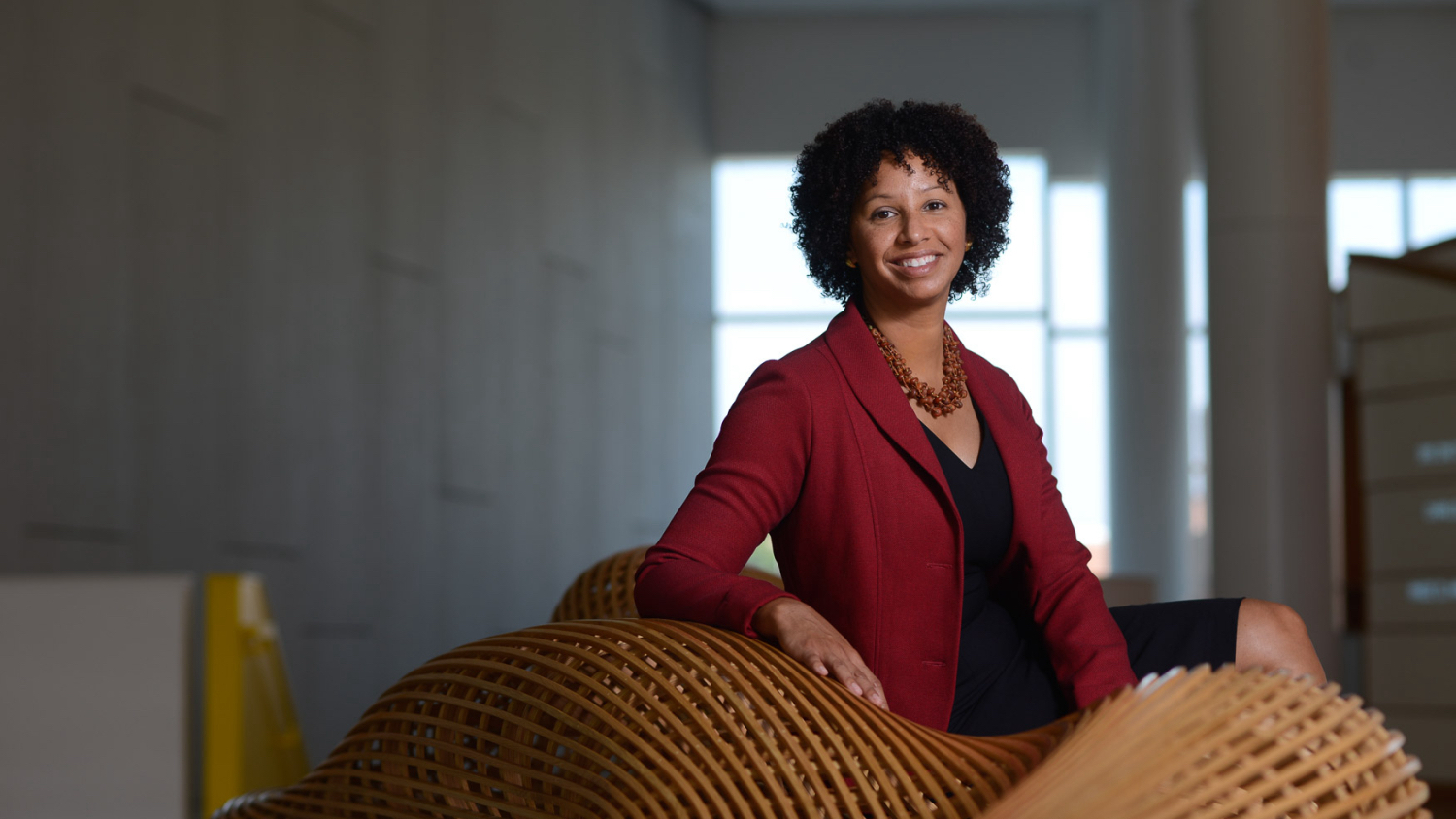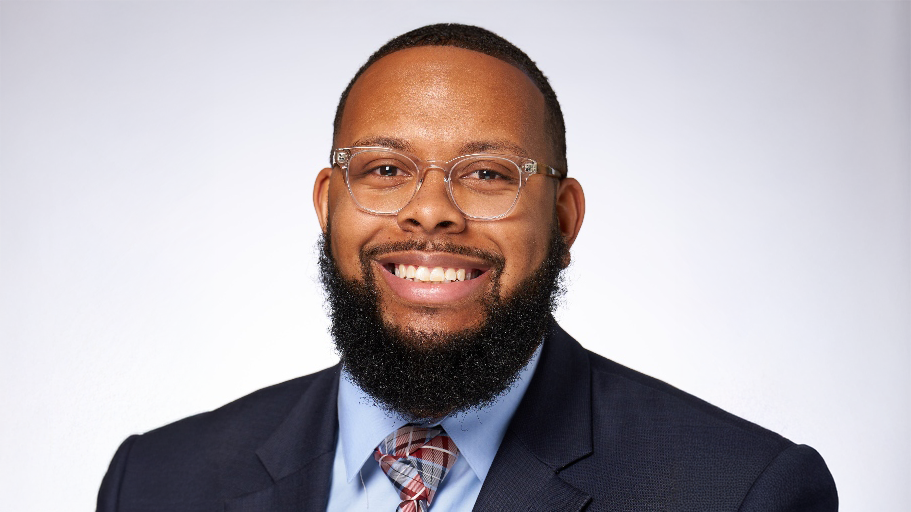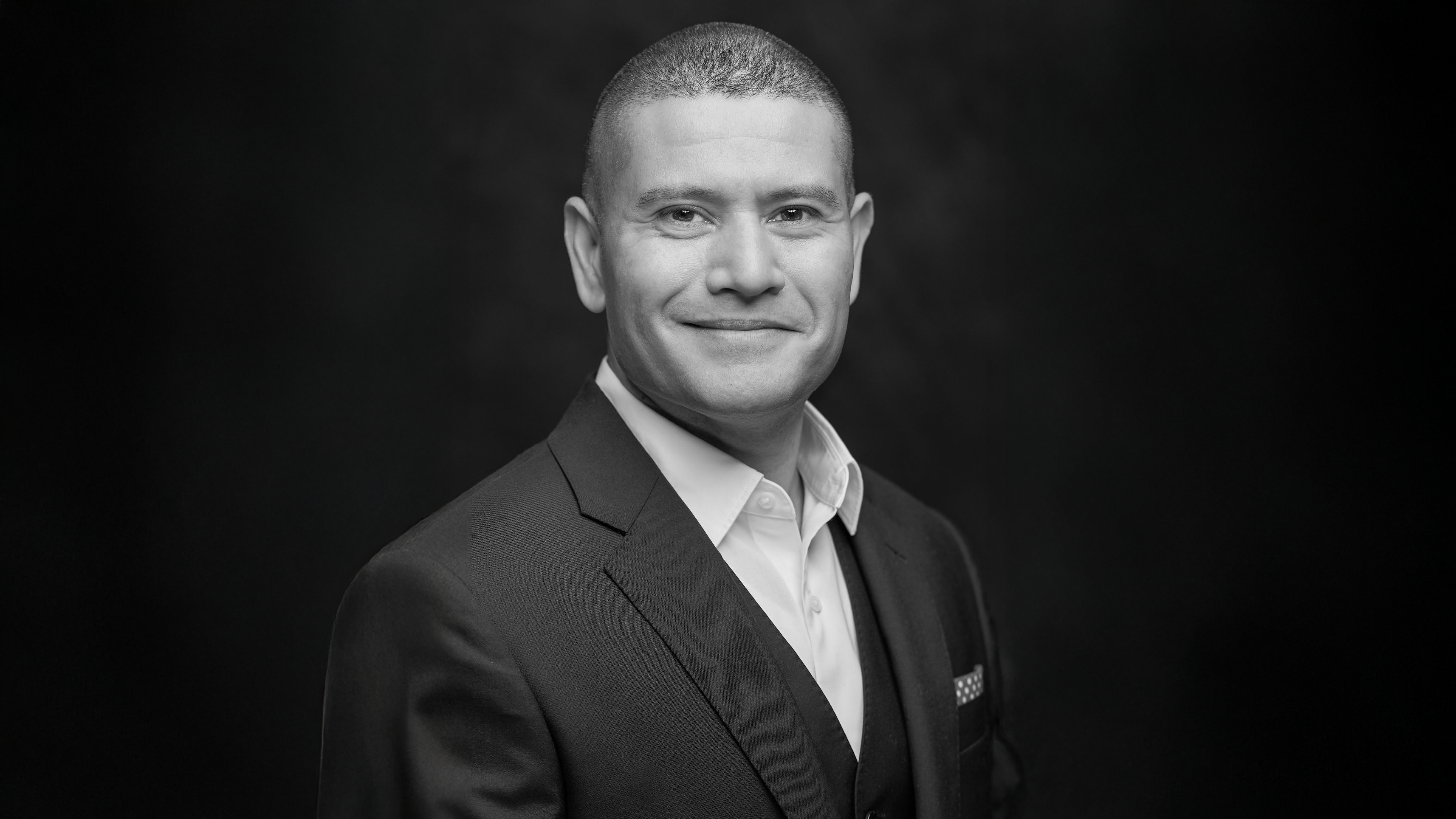The Business of Sustainability

By Jess Clarke
Before she was an NC State faculty member, Jessica Thomas, director of the Poole College Business Sustainability Collaborative (BSC), used her undergraduate engineering degree to become a standout designer at toy company LeapFrog.
The highlight of her time there was in 1999, when Oprah Winfrey’s holiday show featured one of Thomas’s toys. Thomas and her co-workers were focused on the social good their educational toys did in the world. The environmental impacts? Overlooked.
“There’re probably millions of toy units sitting in landfills and littering our ocean that are part of our environmental disaster,” Thomas says. “It’s always been a lesson.”
Since then, she’s spent her career spreading that lesson to others.
She began by earning an MBA at Duke University’s Fuqua School of Business.
“I wanted to study how businesses can disrupt industries and innovate to create a positive social and environmental impact…while creating bottom-line business value.”
Teaching drew her as a way to influence and inspire thousands of students.
“When I think about how to scale systemic change, teaching and academia have an enormously powerful role because we’re preparing the next generation of business leaders…who will transform thousands of businesses over the course of their lives,” Thomas says.
She was hired in 2013 to start Poole’s BSC after working as director of the Center for Sustainability Enterprise at Kenan-Flagler Business School at the University of North Carolina at Chapel Hill.
Thomas’s overall goal for the BSC is “to prepare future leaders to use business as a force for good,” she says.
How? Through curriculum development and engagement.
The BSC is integrating sustainability across the undergraduate, graduate and executive education curriculums, so “Every student with a Poole College degree has a core understanding of challenges and opportunities in business sustainability,” Thomas says.
Toward that end, a proposal for a Poole 12-credit graduate business sustainability certificate is being reviewed for a possible launch in fall 2023.
“It was so easy to develop a proposal for that certificate because we’ve got so many faculty teaching and doing cutting-edge research.”
And “There’s a lot of pent-up student demand because they recognize an industry demand…They recognize this kind of certificate can help them make an impact.”
One opportunity for students to make an impact while they’re at NC State is through the B Corp Clinic, a flagship BSC program that brings together students, faculty and industry leaders. The clinic is a key way the BSC engages with the business community, by connecting hundreds of students with aspiring B Corporations to improve their social and environmental impact.

That engagement “creates a bridge for our students between the classroom and the real world and also reinforces how we can be a resource to businesses locally and globally,” Thomas says.
Since the B Corp Clinic was established, students have worked in practicums on nearly 100 projects with companies around the world. Ten schools in the United States are starting or have started a clinic using Poole’s as a model.
What Thomas cites as her biggest accomplishment as a Poole faculty member also has a B Corp link: B Academics.
She and colleagues founded the independent, global nonprofit, a network of over 2,000 students, scholars and industry leaders who share best practices for teaching, research and engagement initiatives similar to Poole’s B Corp Clinic projects. Thomas, featured as a Raleigh Rising Star in VoyageRaleigh business magazine in March, is president and board chair.
The goal is to prepare students “who can go out and build an economic system that works for everyone, cares about workers, and manages its impact on the planet, building business value by making a positive contribution to society,” Thomas says.
Outside of work, Thomas makes her own contribution to society — as a novelist. Her books, two of which were published through Lulu press, a B Corporation Poole’s clinic worked with, reflect her passion for social and environmental change.
“I hope it’s another way to inspire people to think about how each of us can have a positive impact on the world,” says Thomas, also a cellist in her free time.
Creating fictional characters and teaching at Poole have some similar rewards for her.
“I have the opportunity to work with students who are so inspiring, dedicated and passionate about how to make the world a better place,” Thomas says. “They’re thinking about how to create or transform a business in a way that creates broader social, environmental and economic value. My students really give me hope for the future.”
This post was originally published in Jenkins MBA News.
- Categories:


